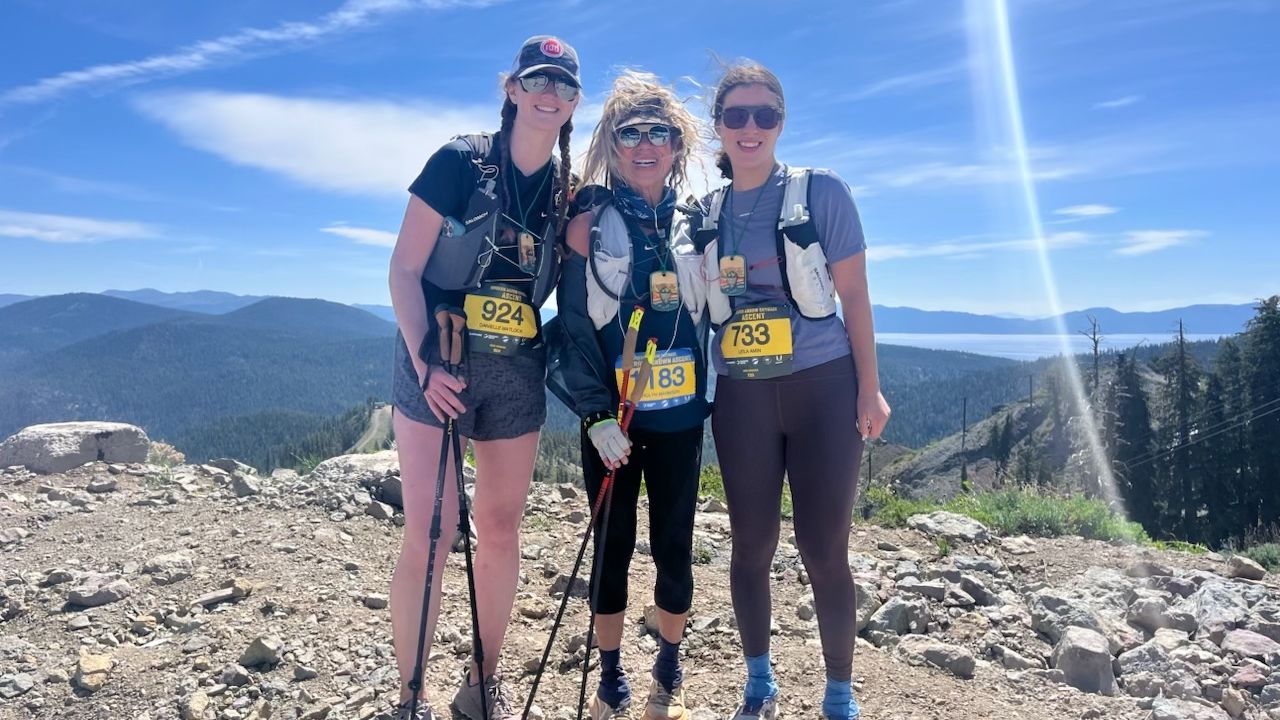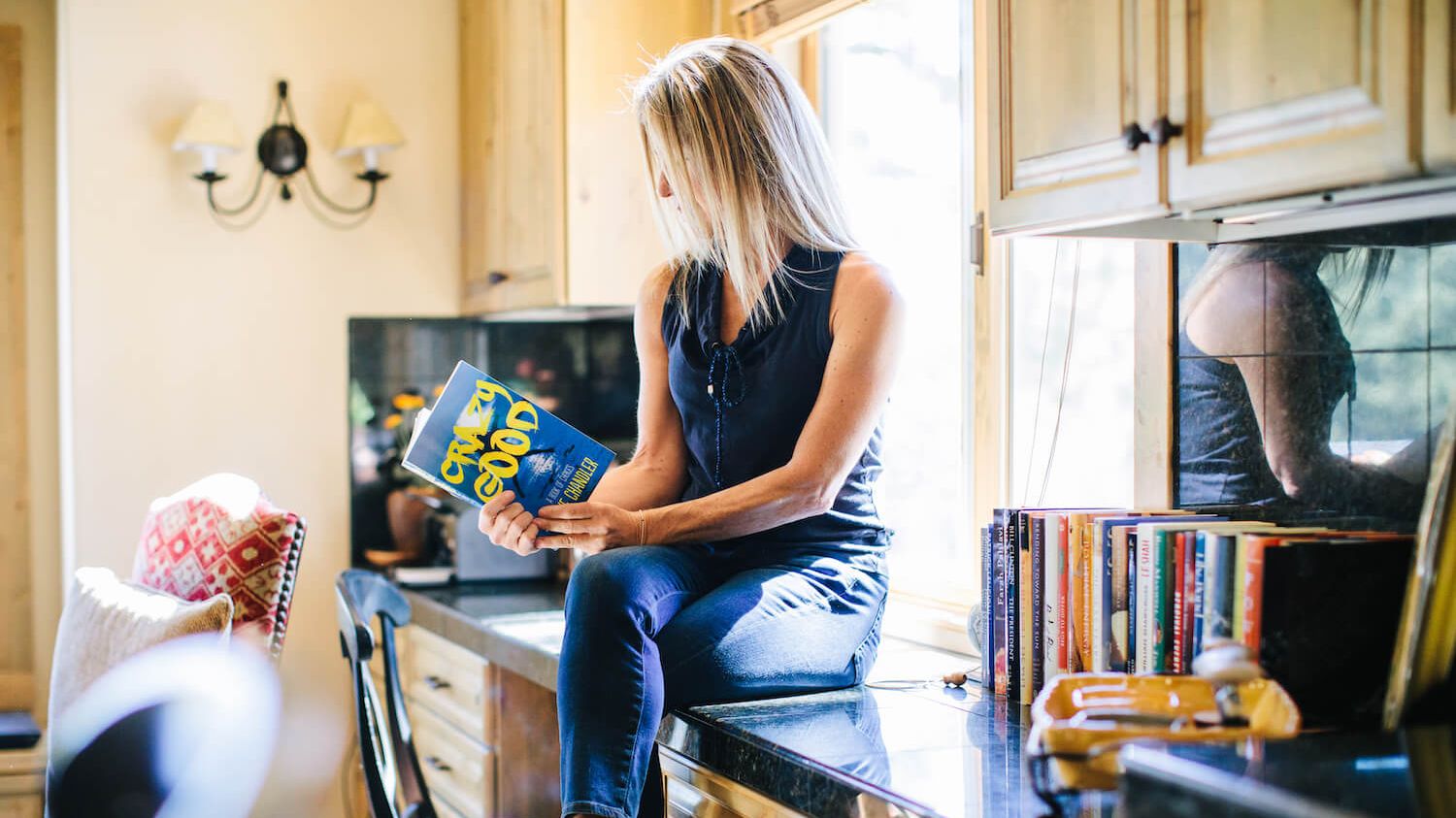Transform Your Sacred Spaces. LESS Furniture, MORE Memories?

Want to listen to this article instead? Tune in here.
Context is a word abused by people who lack the courage to advocate for moral clarity. That’s a shame because the appropriate understanding of context can profoundly and positively impact our lives.
We’ve all heard of living a purpose-driven life.
Today, I invite you to consider creating a context-driven life.
When dealing with everyday issues, most of us are focused on content. Content is “what is present” in a situation, environment, and conversation. The content of the room I’m writing this article is views of Los Angeles, the furniture, rugs, and light fixtures. The content of a coaching session with a client might be their latest challenge at work, difficulty connecting with their child, or lack of action toward a goal. Today's content causing your anxiety may be your ever-growing “to-do” list.
On the other hand, context addresses how we are being with the content.
And I put it to you that context always trumps content.
A skilled Coach listens to the content her client shares while deeply tuning into the context, which makes meaning of and influences the client’s experience of that content.
For example, what my client’s boss said to her that was so hurtful isn’t about the words her boss spoke but how my client received those words, given the context of her relationship with her boss and her overall job experience.
The same words can be interpreted differently by different individuals. One might have perceived them as constructive and caring feedback, while another might view them as unhelpful criticism or an attack. The same content and different contexts can lead to entirely different experiences, takeaways, and, ultimately, responses.
As a Professional Coach, if I rush to solve my client's immediate problem without delving into its underlying cause, I am forgoing the opportunity to address the larger issue.
By doing so, I would only be fertilizing the soil for recurring problems that, despite their varied appearances, stem from the same underlying problem.
Context can be explored in so many areas of our lives, and for the last few years, I’ve been obsessed with exploring its relationship to the spaces around me. This interest emerged when I understood how profoundly our environments impact our lives and habits.
Today, so much data is available regarding the science of habit formation. All evidence supports the belief that who and what we surround ourselves with greatly affects who we become.
We take this to mean we should surround ourselves only with positive people, beautiful spaces, and purpose-driven work. So we go on an endless search for these people, places, and jobs, but it’s only a matter of time before we are disappointed, bored, and disillusioned with them.
So we remove people, quit projects, and buy new things. We travel to new places, micro-dose the latest fungi, and, yes, buy more things. This is us changing the content of our lives without examining the context.
When Socrates said, “An unexamined life is not worth living,” he wasn’t talking about each day's people, problems, and concerns. He was speaking of examining the context we bring to those things.
Let me share here a relevant story.
My son is in Israel, and I miss him very much. Last week, to take my mind off the sadness of missing him dearly on his birthday, I decided to go for a long run on one of our favorite trails.

The Ray Miller Trail is objectively one of the most beautiful trails on the planet. As I stepped on the trail, I recalled when we started a race together at that spot. He was telling me how I should be running and what I was doing wrong. I laughed out loud at this memory and kept going, feeling just a little closer to my son.
Around the next bend, as an extraordinary view of the Pacific Ocean revealed itself, I remembered when he stopped at that spot to take pictures while I yelled at him that he shouldn’t slow down because we were in the middle of a race! He laughed at me, knowing that, given the difference in our strides, he would catch up with me easily.
I remembered the time he went the wrong way during an Ultramarathon, prompting the race crew to begin a mountain-wide search for him; I also remembered when he gave me the gift of running a 50-mile race as my unofficial pacer, only for me to drop out and for him to finish the race he never meant to run.
But most profoundly, I recalled our deep conversations on these trails, which began when he was twelve. Something magical about being with each other, either side by side or in any configuration other than face-to-face, helps people open up. As a mother, this was the greatest gift these trails gave me.
I found it ironic that I chose to run Ray Miller on this particular day to forget my deep absence for my son but instead spent the entire time with him even more deeply entrenched in my heart and mind.
That is the power of context. The views, greenery, and weather are the content of the Ray Miller trail, bringing joy to anyone lucky enough to be there. But every person on that trail has a different experience based on their context.
We create context by deliberately focusing on our beliefs and what we choose to hold true. In our sacred spaces, which are different for each of us but include our homes and places where we spend more time, we create context through lived experiences.
We cannot do this overnight. Think of how you can always feel a coldness you can’t quite put your finger on when you enter the most beautifully appointed and decorated space that doesn’t feel homey and lived in. A part of you knows that the context of the home is performative rather than experiential.
So, if you, like me, believe that your environment profoundly impacts your overall well-being, identify the environments you are spending your time in or want to spend more time in.
Then, create context deliberately, consciously, and purposefully. Fill the air of each space with events, conversations, and activities that will pay positive dividends through memory for the rest of your life.







